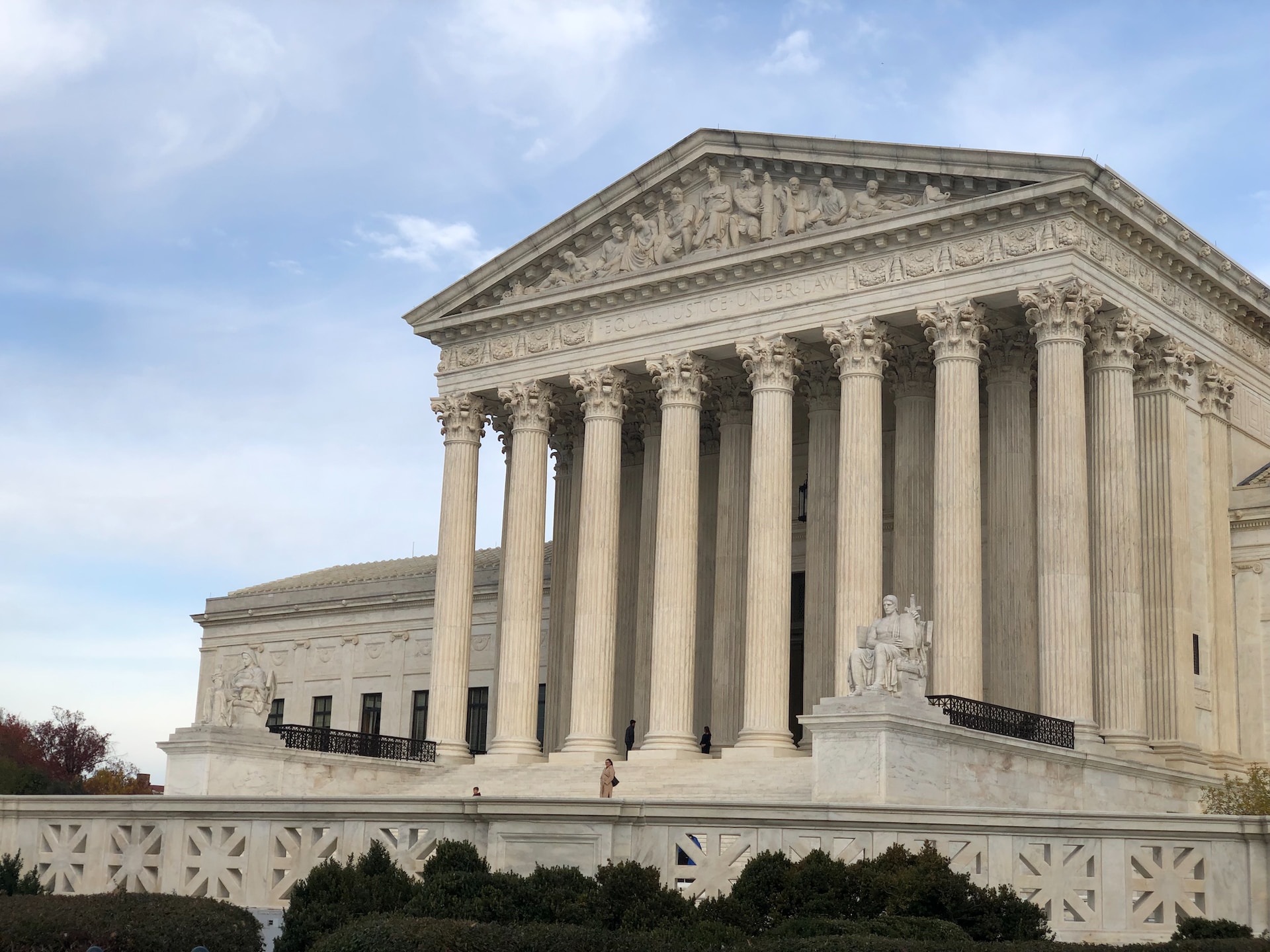In a landmark move, California has emerged as a frontrunner in the movement for reparations, with its statewide task force laying out a comprehensive plan to address historical injustices. This pivotal development in 2023 marks a significant effort to redress the harms inflicted on Black Americans over centuries.
California’s Comprehensive Reparations Plan
A Blueprint for the Nation
California’s reparations task force, after two years of extensive research, has released a detailed 1,100-page report outlining measures to mitigate the generational impact of discriminatory practices. This report is seen as a potential model for other states and the federal government.
Financial Redress and Broad Support
The report includes a methodology for financial compensation for eligible individuals. Over 400 organizations have endorsed the reparations initiative in California, reflecting widespread support for addressing historical racial injustices.
Evolving Reparations Efforts in the US
Pioneering Steps and Challenges Ahead
While Evanston, Illinois, became the first US city to disburse reparations in 2021, and New York recently launched a study on slavery’s effects, California’s comprehensive approach represents a significant shift in the long-standing reparations debate. The focus now shifts to turning these recommendations into actionable policies and gaining public support for funding them.
Opposition and Public Perception
Facing Resistance
The journey towards implementing reparations faces notable opposition, especially in garnering sympathetic public opinion. Jonathan Wright, an entrepreneur from Los Angeles, expressed skepticism, citing a lack of understanding of the deep-rooted impact of slavery among many white citizens and politicians.
Polling Insights
A Pew Research Center poll in 2022 revealed a stark contrast in views on reparations, with 77% of Black adults in favor, but only 18% of white respondents agreeing.
Advocacy and Education Efforts
Spreading Awareness
Assemblymember Reginald Jones-Sawyer, a member of the California Reparations Committee, is actively engaged in educating communities across racial lines about the importance and mechanics of reparations. His efforts have reportedly been well-received, clarifying misconceptions and highlighting the ongoing need for reparations.
Legislative Process and Challenges
Turning Recommendations into Law
The California Legislative Black Caucus is working to distill the extensive report into a more accessible format for the public and lawmakers. The caucus plans to introduce 12 bills covering the report’s recommendations, with the first five expected in early 2024. These bills will address various aspects of racial inequality, from education to the criminal justice system.

Political Landscape and Prospects
Democratic Majority and Gubernatorial Support
The California Senate’s Democratic majority and Governor Gavin Newsom’s past support for reparations efforts bode well for these bills. However, Newsom has indicated that cash payments may not be the sole form of reparations.
National Impact and Federal Movement
California as a Catalyst
Kamm Howard, founder of Reparations United, sees California’s efforts as setting a national standard. He emphasizes the potential influence of the Black voting bloc on the federal reparations movement, especially in light of the upcoming elections.
Slow Federal Progress
While the Biden administration has expressed support for studying reparations, federal movement, including the advancement of H.R. 40, has been slow.
Economic Impact and Long-Term View
Investment, Not a Drain
Citing a Citigroup study, Howard argues that reparations should be seen as an investment in America, with potential high returns, especially in Black business development.
Patience and Persistence
Howard stresses that achieving reparations is a long-term endeavor, requiring patience and sustained effort, given the centuries-long buildup of racial injustices.
In conclusion, California’s reparations efforts in 2023 have set a historic precedent, igniting a nationwide conversation on redressing past wrongs. While challenges abound, the state’s initiative could be the catalyst for broader change across America.
©unityus.org

